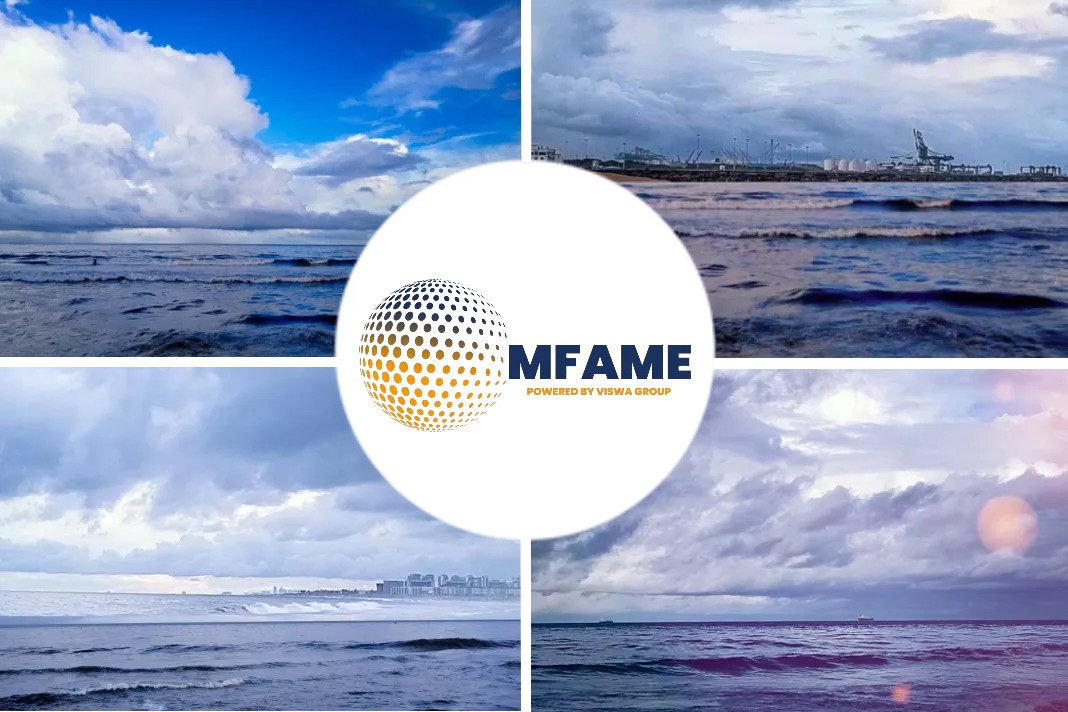
President Ruto’s directive for 24/7 cargo clearance at major ports promises to revolutionize efficiency and minimize delays, marking a pivotal moment in streamlining trade operations. The standardmedia news.
- The mandate aims to ensure round-the-clock port operations, resolving congestion and reducing clearance time, benefiting shippers and the economy.
- Embracing pre-clearance procedures can further expedite cargo processing and enhance the competitiveness of the ports.
- Scrutinizing and removing unnecessary charges can significantly lower trade expenses and promote Mombasa’s global competitiveness.
Bold Move to End Delays
In a significant move towards enhancing efficiency in cargo clearance, President William Ruto has issued a directive mandating all government agencies involved in cargo clearance at major ports to operate 24/7. This directive, made during his recent visit to the coast, aims to eliminate delays and propel the country’s ports to become paperless logistics hubs.
Trade Analysts and Shippers
Trade analysts along the Northern Corridor, in conversations with Shipping and Logistics experts, have hailed President Ruto’s directive as a game-changer. The implementation of a round-the-clock operation is anticipated to address congestion issues at ports. By reducing the time taken for shippers to clear cargo, this move is poised to minimize demurrage and storage costs, benefitting both the industry and the economy.
Embracing Pre-Clearance
Clement Ngala, a seasoned customs agent, underscores the transformative potential of the 24-hour operation. Ngala highlights that cargo agents could now clear cargo within just two days, a drastic improvement from the previous five-to-nine days. The article emphasizes that this shift to a continuous operation cycle aligns with modernization trends, pushing for the adoption of pre-clearance procedures for quicker and smoother cargo processing.
Removing Bottlenecks and Reducing Extra Costs
Aisha Kombo, a freight logistics expert, offers insights into the broader implications of the President’s directive. She suggests that the 24/7 operation and pre-clearance policies have the potential to alleviate bottlenecks caused by late submission of clearance documents and inefficient regulatory processes. By embracing digitalization, state agencies can modernize their operations and facilitate prompt cargo clearance upon a ship’s arrival.
Did you subscribe to our daily Newsletter?
It’s Free! Click here to Subscribe!
Source-standardmedia.co























